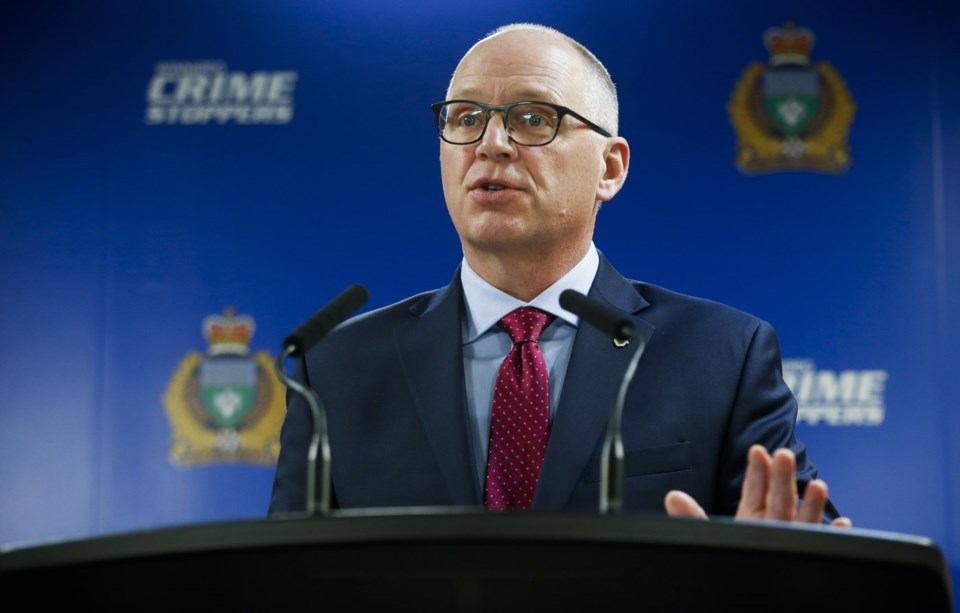WINNIPEG — Winnipeg is eyeing the largest property tax increase in decades and considering a cut to snow plowing in an attempt to address a fiscal squeeze.
The city's preliminary budget for next year proposes a 5.95 per cent hike in property taxes, following an increase of 3.5 per cent in the last budget.
It also recommends a pilot project that would see residential streets cleared after a snowfall of at least 15 centimetres — up from the current 10-centimetre threshold.
The preliminary budget also calls for spending restraint and job-vacancy management to find $50 million in savings.
It includes more spending on public safety, such as hiring 36 new police officers over two years and 24 new firefighters.
There is also $1 million for community-based crime prevention through youth recreation programming in high-needs neighbourhoods.
Mayor Scott Gillingham has said the city's revenues have not been keeping up with population growth and rising costs due to inflation.
His office recently commissioned an opinion poll that gauged people's thoughts on possible new taxes on items ranging from liquor to vacant buildings — all of which would need provincial approval.
"Our fiscal model, compared to many other cities, is outdated and doesn't grow with the economy, population or inflation," reads the preliminary budget, released Wednesday.
"Unlike Regina and Saskatoon, Winnipeg doesn’t have a growth-revenue sharing agreement. Cities like Halifax, Quebec City, Toronto and Metro Vancouver have provincial support to explore fairer tax options beyond property taxes — something Winnipeg is currently unable to do."
Last month's poll by Probe Research had 56 per cent of respondents agreeing with the idea that the city needs money from sources other than property taxes, fees and grants.
About four in 10 respondents said extra funds from the provincial government would be the best way to get new money, while about one in six said new municipal taxes.
This report by The Canadian Press was first published Dec. 11, 2024.
Steve Lambert, The Canadian Press



